Make your weather lessons more fun with a set of 14 weather vocabulary puzzles.
☁️ Practice Weather Vocabulary With a Set of Picture Puzzles
Teaching young learners weather-related vocabulary terms is an important skill in elementary school. Not only will these vocabulary concepts be covered in school, but they are also important to know as children grow older. Well-designed, attractive weather puzzles are a great way to introduce students to the many words associated with weather.
The resource contains 14 vocabulary puzzles. Students will match a vocabulary term, picture, and definition to complete a puzzle. The words included in the puzzles are:
- Weather
- Climate
- Meteorologist
- Atmosphere
- Weather vane
- Cloud cover
- Celsius
- Fahrenheit
- Precipitation
- Rain gauge
- Temperature
- Thermometer
- Wind
- Forecast
Through this activity, students will show they can match weather-related vocabulary with its appropriate definition and corresponding picture.
Tips for Differentiation + Scaffolding
A team of dedicated, experienced educators created this resource to support your science lessons.
In addition to individual student work time, use this weather vocabulary activity to enhance learning through guided science groups or whole class lessons.
If you have a mixture of above and below-level learners, check out these suggestions for keeping students on track with the concepts:
🆘 Support Struggling Students
Help students who need help understanding the concepts by reducing the number of puzzle pieces required for each word. Students can either match the word and definition or match the word and picture. Additionally, students can complete this activity in a small group or 1-on-1 setting.
➕ Challenge Fast Finishers
For students who need a bit of a challenge, encourage them to create puzzles for additional vocabulary words. Students can draw a picture and write a definition for each word.
Plan lessons for all ability levels with our 10 Best Scaffolding Strategies!
Easily Prepare This Resource for Your Students
Use the dropdown icon on the Download button to choose between the full-color PDF, low-color PDF, or editable Google Slides version of this resource.
Print on cardstock for added durability and longevity. Cut out the puzzle pieces and place them in a folder or large envelope for easy access.
This resource was created by Melissa McLaren, a teacher in Massachusetts and Teach Starter Collaborator.
Don’t stop there! We’ve got more activities and resources that cut down on lesson planning time:
[resource:4840639] [resource:4839842] [resource:4838548]
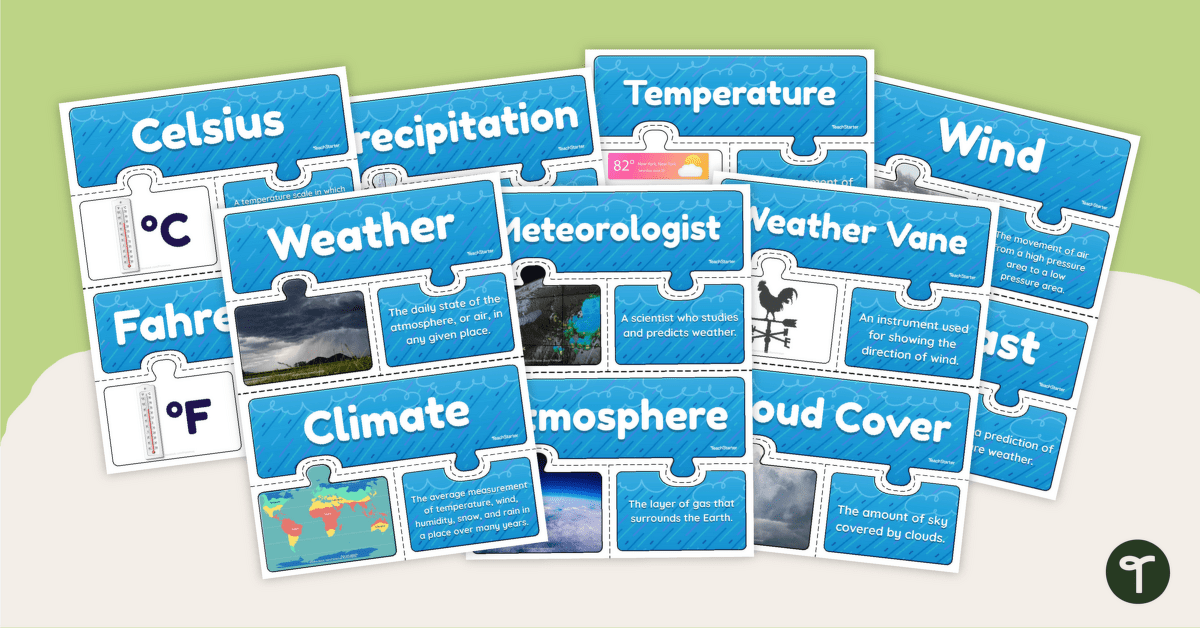

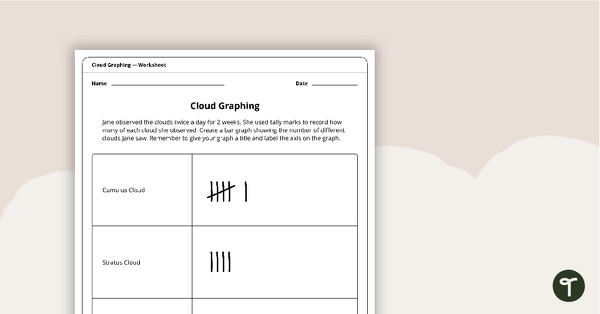
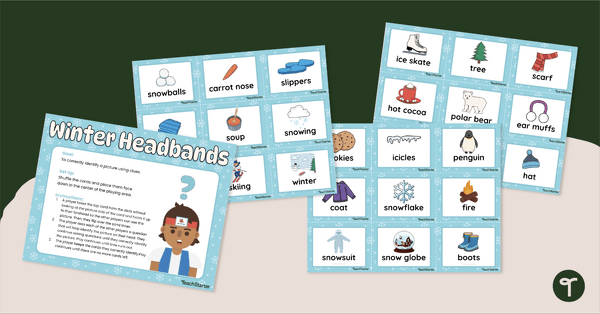
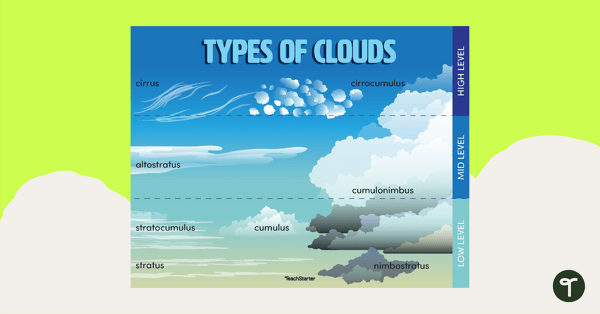
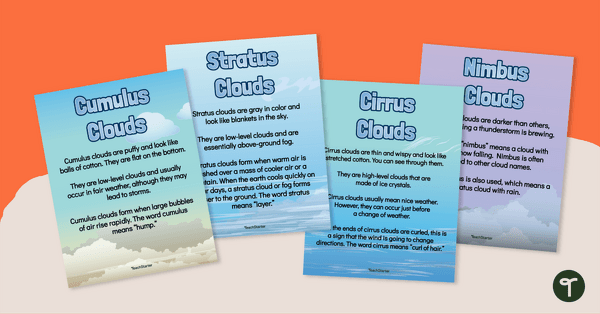
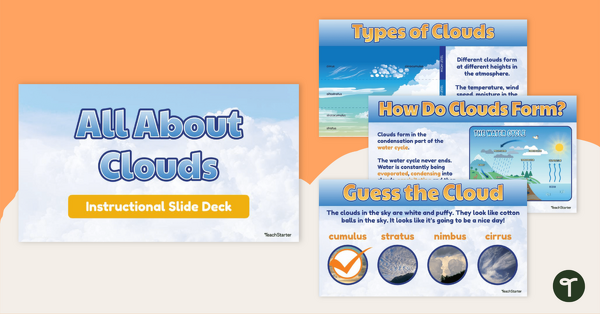
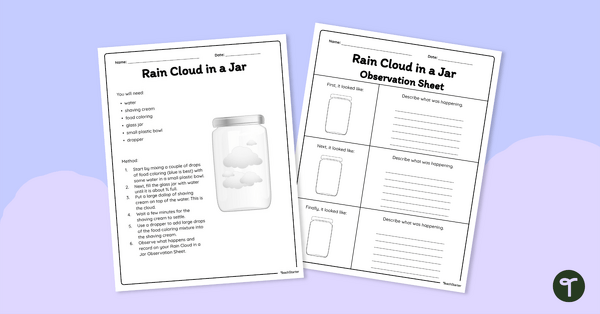
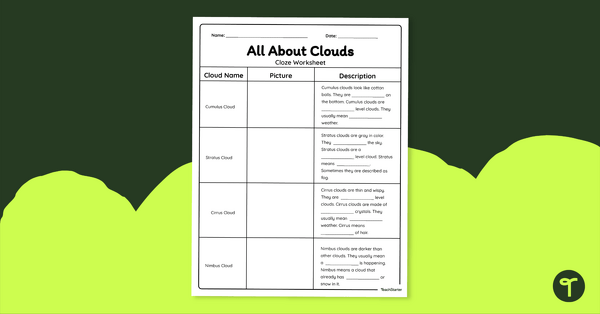
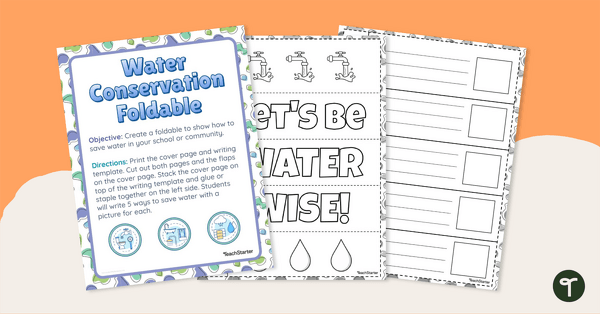
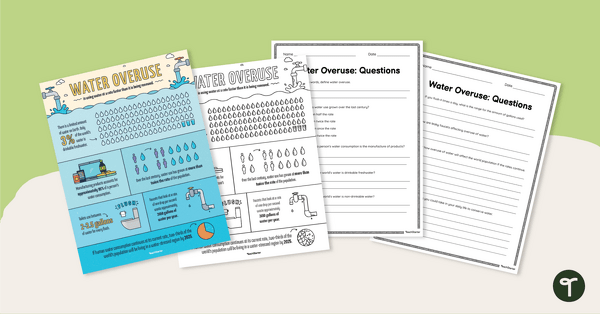
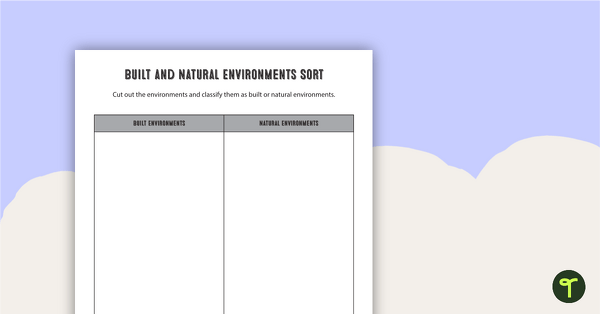
0 Comments
Write a review to help other teachers and parents like yourself. If you'd like to request a change to this resource, or report an error, select the corresponding tab above.